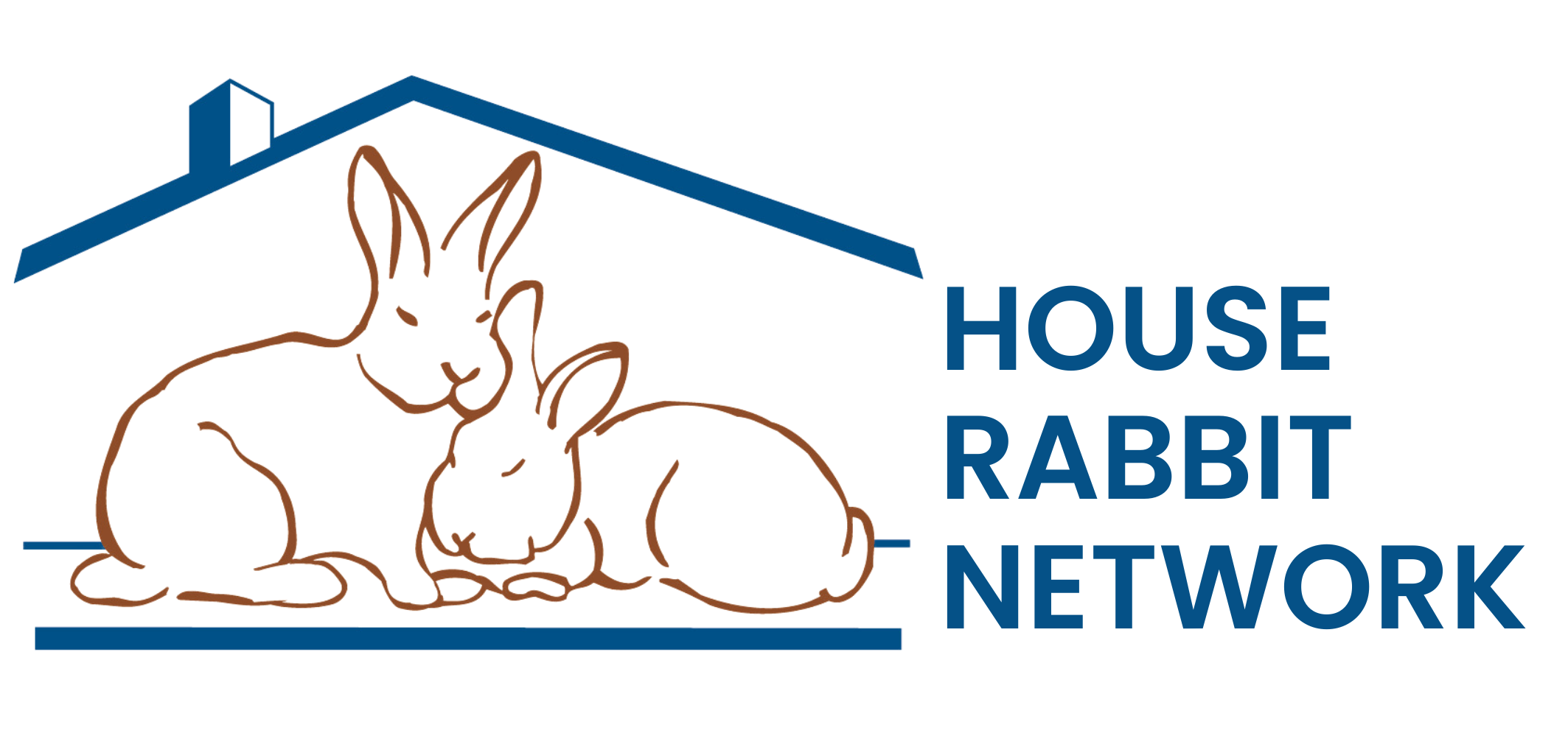Finding a Home for Your Rabbit
The first thing you need to do is ask yourself why you need to find a new home for your rabbit. There are three options: working with us to try and keep your rabbit, finding a new home on your own, or taking your rabbit to a humane shelter. PLEASE do not let your rabbit loose under any conditions! Pet rabbits are domesticated animals, bred to be completely dependent on humans for their care and safety. They lack the instincts and physical characteristics to survive alone and will almost certainly be killed by exposure, other animals, cars or hunger/thirst. Setting your rabbit loose in the wild is not an option!
If you are overwhelmed, disappointed or confused about your rabbit’s behavior, we can help. Please give us a call at 781-431-1211 or email us at info@RabbitNetwork.org and we can work with you to correct the problem. We have a network of experienced rabbit owners who can discuss different options with you to help make your situation easier. These can include spay/neuter, changing the environment, understanding your rabbit’s needs, etc. We can even arrange a home visit to help you learn to handle and lift your rabbit and suggest habitat, litterbox training and bunny proofing ideas.
Most of the more difficult behaviors that cause people to think they made a mistake in getting a rabbit can be changed or modified. Spraying, marking territory with urine or droppings, aggressiveness or “horny” behavior goes away after rabbits are spayed or neutered. Damage to furniture or fabrics can be avoided by bunny proofing and providing substitute materials to satisfy your pet’s chewing or digging needs. We can help you assess what’s behind a behavior you find difficult and suggest practical ways to respond.
Are you moving? If you look around, you can find apartments and houses that allow pets. It may take more time to find a place, but many landlords will make exceptions to “no pet” policies for caged animals (although you’ll have to make sure to bun proof because your rabbit will need to have regular playtime). When you got your rabbit, you made a commitment to make him part of your family and it will be worth the extra effort to find a home for all of you. It can be done, if you want to do it.
Do you have allergies? Many rabbit owners and fosterers with allergies have learned to modify their environment and can continue to enjoy their furry pets. You may need to determine if it’s your bunny or her hay making you sneeze. If it’s the hay, which can sometimes be a little dusty, try spraying it lightly with a plant sprayer to reduce the dust in the air. See if a family member can do the litterbox changes for you so you aren’t in close contact with the hay, and try a cat box with a cover to keep it contained. If it’s the rabbit, make sure you have your own space, preferably your living room and bedroom designated “fur free” zones so you can limit your contact, but still have some time to interact with your pet. Air purifiers and frequent vacuuming can also help. Again, call us and we’ll be happy to discuss options.
If your mind is made up and you can not keep your rabbit, we are sorry but we cannot take in animals who are being discarded by their owners. This is not because we don’t want to help. We get 15-20 dump calls for every adoption and we simply can not handle the volume within our network of volunteer foster homes.
Finding a new home is the best option, of course, but it takes some time. However, you are responsible for this animal and his future. First and foremost, be patient and start early. It can take a couple of months to find a good home but we can offer some practical suggestions.
First, spay or neuter your bun to help improve behavior and “adoptability”. Make flyers with a picture of your rabbit and write a short paragraph describing his personality, then post them at pet stores, grocery stores, offices, other community bulletin boards. Place ads in your local community paper and spread the word among colleagues, places of worship, etc. We recommend that you charge a nominal amount of money- $15-$20. This will prevent a snake owners from taking your rabbit as food. Interview people who are interested to make sure they will provide an adequate home. It may help to download care and behavior information from our web site and provide it in advance or along with the rabbit to ensure that the new owner knows what’s involved. Selling the rabbit’s cage and supplies to the adopter can help the new owner get set up and facilitate finding a new home for your bun.
If none of these options have worked, you should take your rabbit to your local MSPCA or Animal Rescue League shelter. This can give your rabbit a second chance at being adopted and, while waiting, will be cared for by professionals. However, you must be aware that animals at shelters are sometimes humanely euthanized, either when the shelters become too crowded to ensure a reasonable quality of life for the animals or when an animal has a behavioral or health problem that makes it impossible to find another home. It is our highest priority to assist shelters and we take in as many rabbits as we can into our foster network, however, our space is limited and there are no guarantees. We STRONGLY advocate taking your animal to a shelter rather than letting him go because even if a discarded pet must be euthanized, it is a far more humane way to treat that animal than abandonment outside.
by Suzanne Rubins & Suzanne Smith
